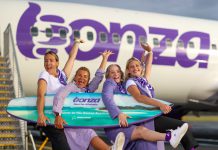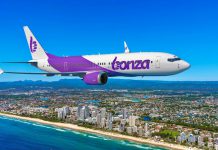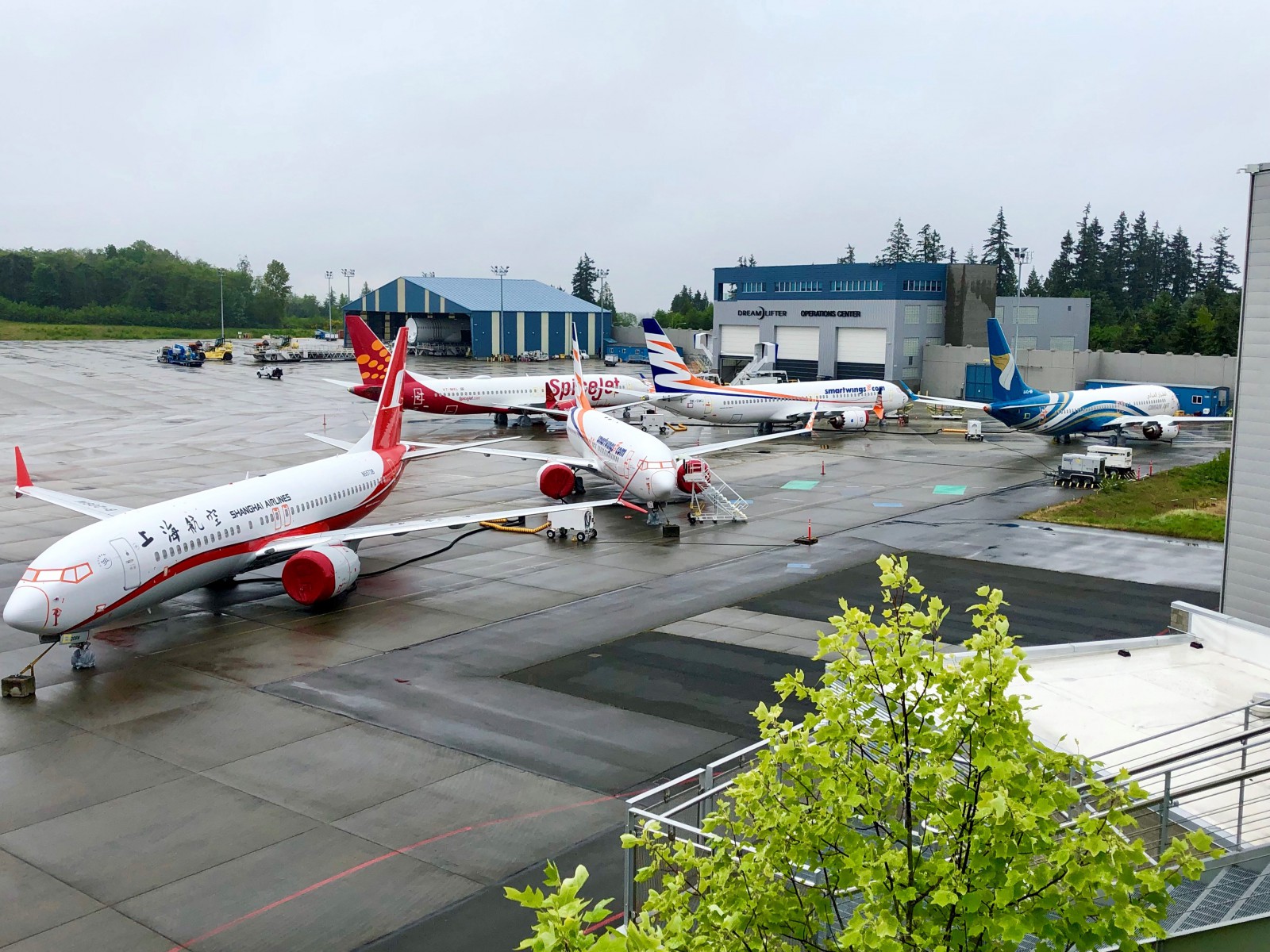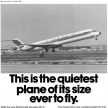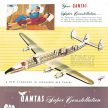The International Air Transport Association believes it will be at least 10 to 12 weeks before the 737 MAX returns to service and has called for it to be an internationally co-ordinated move.
IATA director general Alexandre de Juniac told reporters Wednesday that the airline umbrella group wanted to organize a meeting between airlines, regulators and manufacturer Boeing in five to seven weeks to prepare for the grounded jet’s return to service.
He said this would assess what had been done and what still had to be done to prepare “a perfect re-entry into service of that aircraft”.
De Juniac was talking ahead of IATA’s annual meeting in Seoul this weekend at which rising costs eating into airline profitability is expected to be a major topic.
He said the proposed meeting would put all the stakeholders around the table “in a very transparent and collaborative manner in order to have alignment with everyone and to ensure that everything is done in the safest way”.
He did not expect the return to service for 10 to 12 weeks but noted this was not in the hands of the airlines but those of the regulators.
The US Federal Aviation Administration declined to put a timeline on the certifying the jet after a May 23 meeting of global regulators.
READ: FAA says there is no timetable for MAX return
Disagreements between regulators on issues such as the need for simulator training for pilots has led to speculation US Federal Aviation Administration might give the MAX the green light ahead of other regulators such as the European Union Aviation Safety Agency.
The IATA head revealed that airlines held their own summit of MAX operators in Montreal on the same day as the meeting of regulators, noting it was a difficult issue for members with significant operational and financial consequences.
He said keys elements of returning the plane to service included the need to restore confidence and a strong co-operation between certification authorities.
“We have to maintain an alignment between these authorities,’’ he said. “Hopefully an alignment in terms of schedule.
“And, of course, everything has to be done in consideration of guaranteeing the safety of this aircraft, which is our main priority.”
De Juniac said there was no estimate of the cost of the MAX grounding but said the aircraft should be returned to service in a reasonable timeframe that was neither too short nor too long.
He said the association was urging regulators to have a comprehensive, consistent and credible approach and the same timeline if possible.
“The alignment would be much better otherwise it will create discrepancies and … utterly useless disruptions,’’ he said, adding there needed to be “full transparency on what has been done” to restore passenger confidence about the aircraft’s safe return to service.
Asked about communication by Boeing to airlines on the issue, he said operators had expressed concerns at the summit.
But he said the airlines’ main concern was not about the communication policies of regulators or aircraft manufacturers, but for the two to co-operate closely and be transparent.
On the question of regulators increasing their budgets so they can carry out oversight on their own behalf, the IATA boss said there was a need to restore confidence not just in the MAX but also in the certification process.
“We are sure that the regulators are conscious of that,” he said. “The fact that the FAA has convened joint platform grouping eight or nine regulators around them analyze the various issues that are triggered by this event we think is very good news.”


